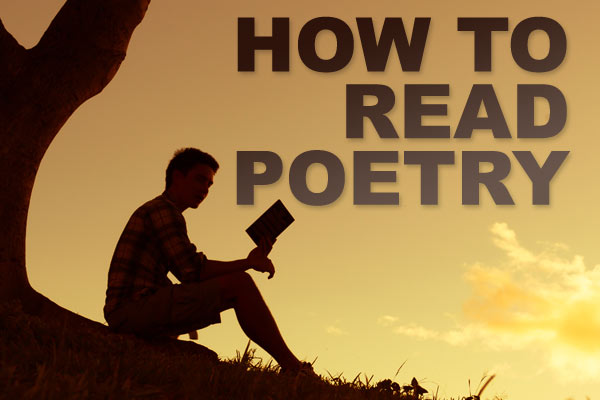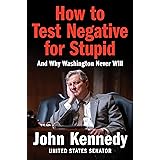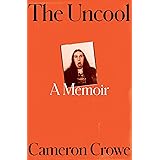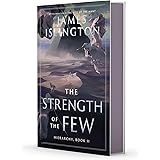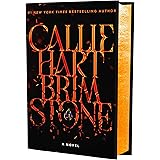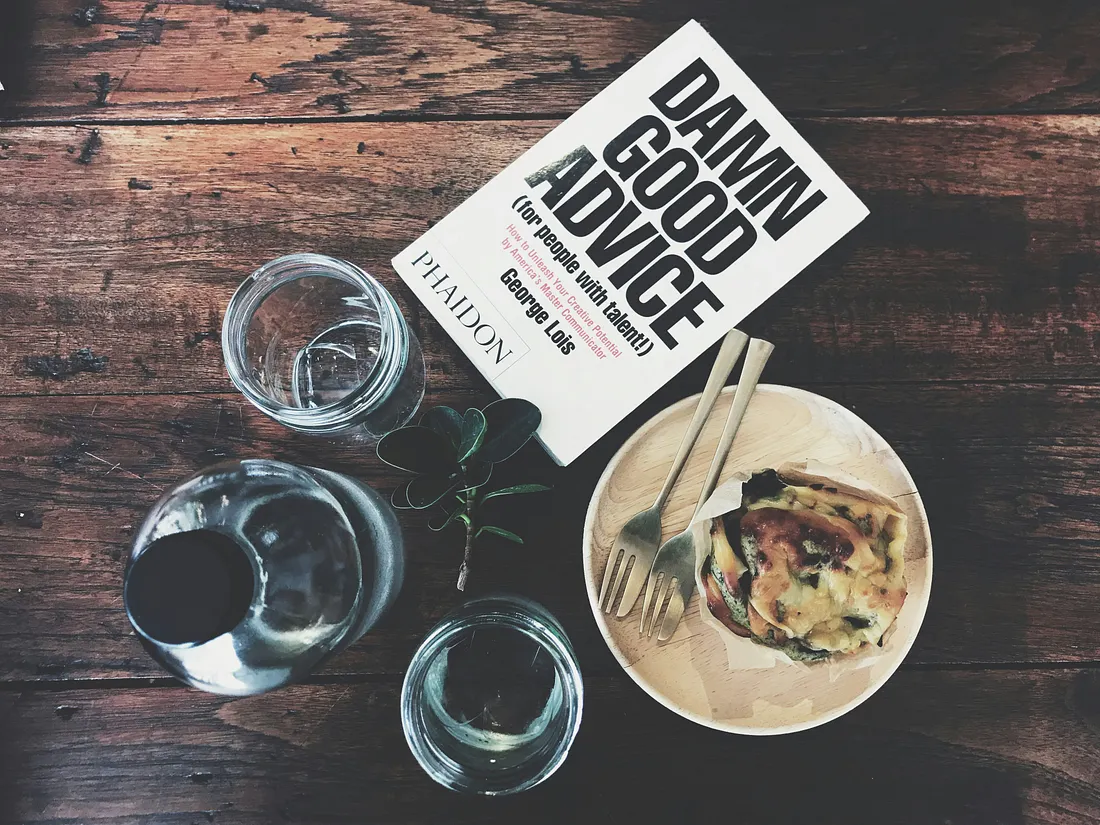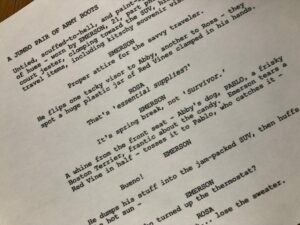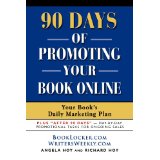Unlock the Secrets Hidden Between the Lines: Master the Art of Reading Poetry Like Never Before
Tips for Reading a Poem
Today I’d like to share some tips for reading poetry. These tips will make the experience better with the ultimate goal of improving your own poetry writing.
- Multiple readings of a poem will reveal its nuances and deepen your understanding of it. Sometimes a poem that seems dull on first reading gains intrigue with additional readings. A poem that seems obtuse becomes clear. A poem that feels hollow becomes deeper and more meaningful. And sometimes you’re just not in the right mood the first time you read a poem, but later it strikes the right chord.
- Keep a dictionary and a poetry reference book handy when you’re reading poetry. Poets are notorious for using unusual words. Instead of skipping over these words or trying to determine their meaning based on context, look them up. Do the same with poetic devices like connotation or metaphors. You may be vaguely aware that there’s a term for two words in close proximity with the same consonant sound (alliteration). You can also research poetry forms — if you suspect you’re reading a sonnet but you’re not sure, take a moment to look it up.
- Read aloud and listen to the poem (find a recording or video performance, if one is available). Some poems are written to be heard, not read. Other poems have vague structures and hearing a poet’s reading will clarify the poem’s cadence. A reading can even have a subtle effect on a poem’s meaning, depending on where the poet places emphasis or pauses in places that aren’t obvious within the text.
- After you finish reading a poem, take a few moments to contemplate what the poem is about, what it’s saying. Poems often contain layers of meaning. Sometimes these are revealed through multiple readings; other times they are revealed through reflection on a poem.
- Paraphrase poems (rewrite them in your own words) to gain more understanding.
- Ask questions about the poem. What is about? What might have inspired it? Could it be fictional (i.e. not based on the poet’s personal experience)? Does the poem have a purpose? What images did it convey? Was there a message contained within? Did it tell a story? Try to answer the questions you come up with.
- Dig into the poet’s repertoire. Study the poet’s biography and read some of the other works they’ve produced to gain additional insight.
- Critique the poem. What worked well? Was there anything that didn’t work? What did you like or dislike about it? If you didn’t like the poem, was it a matter of personal taste, or could you find something objectively wrong with the poem?
- Keep a journal to track the poets you’ve studied and the poems or poetry collections you’ve read. Use the journal to record your poetry reading practices, words or literary terms you’ve researched, questions you have about the poems, thoughts poems have evoked, your paraphrasing, a few details about the poets and their other works, and your critiques.
There’s no right or wrong way to read poetry, but there is an argument to be made for reading practices that will enrich your experience, increase your enjoyment, and deepen your understanding of any poem.
